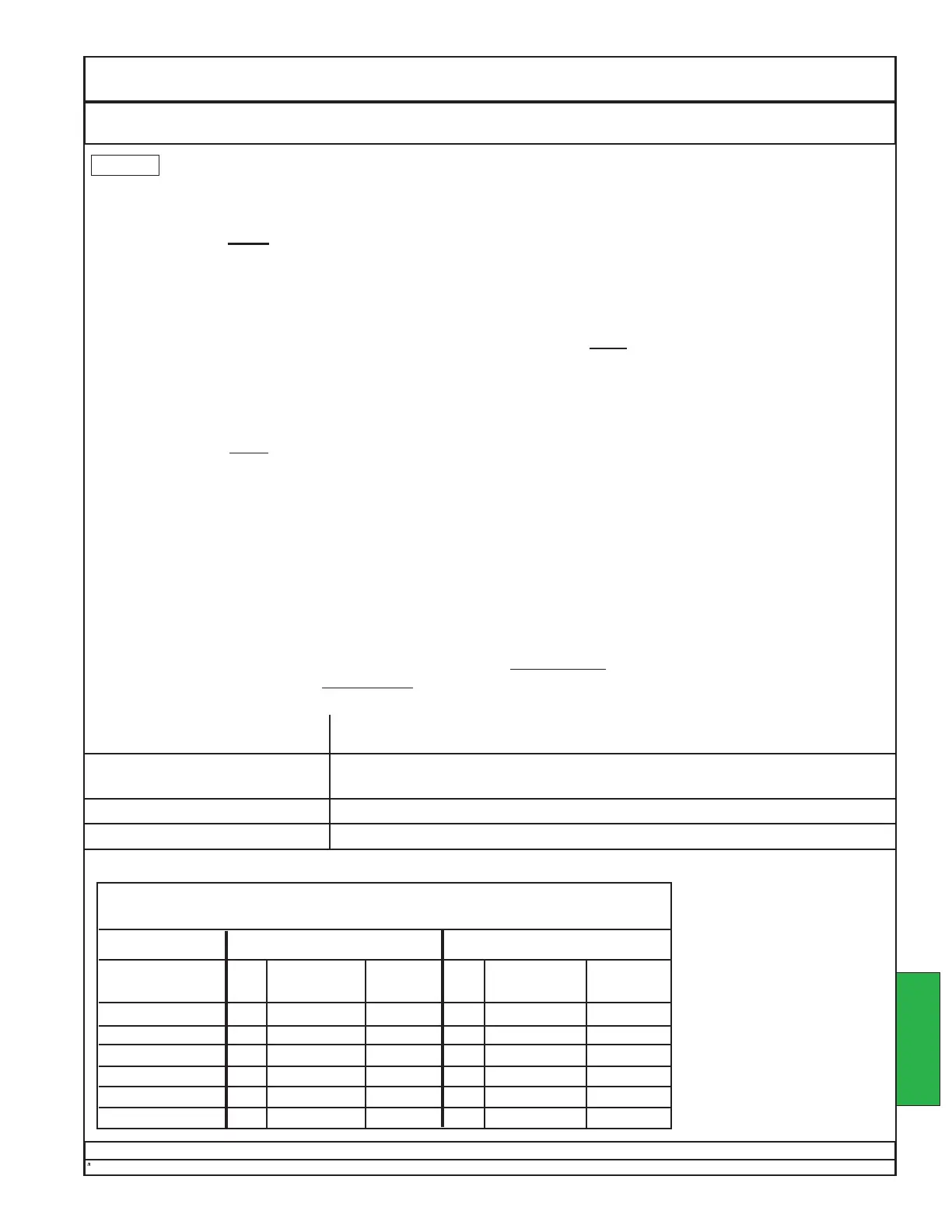Dectron, Inc. March 2012
Owner’s Manual
DSH/DSV/RSH/DBH/RBH Series Dehumidifier
Pool Chemistry Maintenance Operation
Data subject to change without notice.
265
Effect
Too little chlorine Excessive release of chloramines resulting in foul odors and high levels of
bacteria, fungi, viruses etc.
High pH or high total alkalinity Scale formation in the water heaters, pipes etc.
Low pH or low total alkalinity Corrosive water damages metal components such as water heaters
Pool Water Chemistry Problems
Related to Dehumidifiers
Pools, Waterparks
Spas
Pool Water Chemistry Parameters (Refer to ANSI/APSP Guidelines.)
Related to Dehumidifiers
Desirable
Range
Not to
Exceed
7.2
60
1.0
0
N/A
150
7.2
60
2.0
0
N/A
100
7.4 - 7.6
80 - 100 PPM
1.0 - 4.0 PPM
0 PPM
N/A
200 - 400 PPM
7.4 - 7.6
80 - 100 PPM
2.0 - 4.0 PPM
0 PPM
N/A
150 - 250 PPM
7.8
180 PPM
4.0 PPM
0.2 PPM
1500 PPM*
1000 PPM
7.8
180 PPM
4.0 PPM
0.5 PPM
1500 PPM*
800 PPM
pH
Alkalinity
Free Chlorine
Combined Chlorine
Dissolved Solids
Calcium Hardness
Mini-
mum
Desirable
Range
Not to
Exceed
Mini-
mum
*1500 over
startup value
Pool Chemistry
Fortunately, keeping pool chemistry correct for health considerations also keeps it correct for limiting corrosion of
metal equipment. The best solution is to:
1. control the level of ammonia in the pool by maintaining the proper level of free chlorine, and
2. control the levels of corrosive air-borne chloramines by controlling the level of combined chlorine in the pool.
Therefore, it is important to determine both the free chlorine and the combined chlorine in the pool at each test.
Chloramines released into the air by super-chlorination should be removed by the ventilation system, or by the
optional Purge mode on a DRY-O-TRON® so equipped (see
Appendix M6). Only dehumidifiers equipped with the
optional Chloraguard® filter (see Appendix M2
) are able to remove chloramines from recirculated air.
Chemical Storage
Pool chemicals should be stored either out-of-doors or in a room dedicated to chemical storage only. Pool
chemicals should never
be stored in a mechanical or electrical equipment room.
A chemical-storage room should be:
1. completely separate from the natatorium building, or
2. completely sealed from the rest of the building and openly ventilated to the outdoors, or
3. constantly maintained at the lowest air pressure in the building with a chemical-duty exhaust blower.
Where storage-room exhaust blowers are used, monthly maintenance must
include checking the blower. Such
blowers usually last a short time due to the chemical fumes. A room-pressure switch should be used to cause an
alarm if the exhaust blower fails or if the storage-room door fails to close.
No metal equipment, including pipes, tubes, conduit, ducts, etc., should enter a chemical storage room. Concrete,
including mortar, should be sealed.
Chemicals should never
be stored in the same room with combustion appliances such as boilers and heaters.
Pool chemicals entering a flame produce strong acids which damage the flues. Damaged flues are unsafe
to operate.
NOTICE
Risk of unhealthy conditions. Risk of unit damage. Risk of property damage.
OPERATION
For salt-water pools, contact
Dectron before exceeding
3000 ppm salt concentration.
